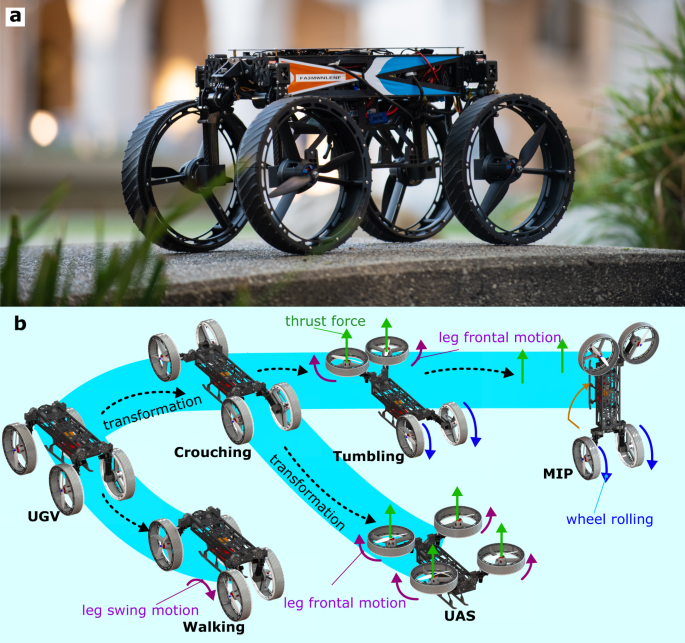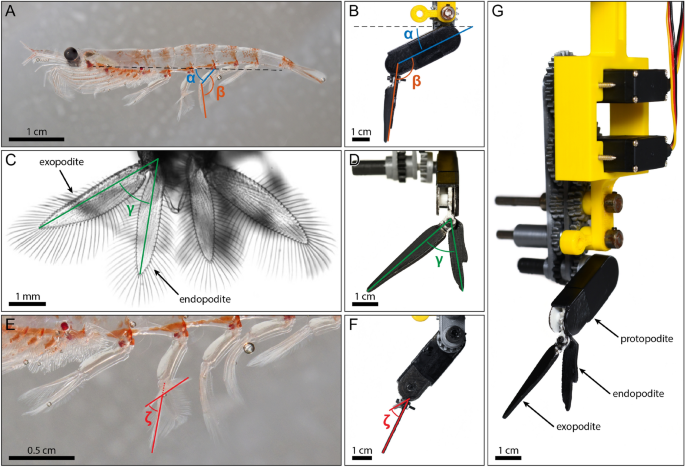2023-06-26 ヒューストン大学(UH)
◆この研究では、野火によるPM2.5の早期死亡と経済損失を定量化している。野火の煙は人間の健康や経済に深刻な影響を与えることが示されており、カナダ中部の野火がニューヨーク、ワシントンD.C.、フィラデルフィアなどの東部の都市に影響を及ぼした例が挙げられている。
◆ロサンゼルス、ヒューストン、アトランタなどの野火の近くに位置する都市が大きな健康被害と経済損失を被る可能性があり、カリフォルニア、フロリダ、テキサス、ジョージア、アラバマ、ノースカロライナは野火の煙による早期死亡数が最も高くなると予測されている。
<関連情報>
- https://uh.edu/news-events/stories/2023/june-2023/06262023-study-wildfire-smoke-downwind-affects-health-wealth-and-mortality.php
- https://www.sciencedirect.com/science/article/abs/pii/S0048969723012305
米国における山火事によるPM2.5による早期死亡率と経済的損失の定量化 Quantifying the premature mortality and economic loss from wildfire-induced PM2.5 in the contiguous U.S.
Shuai Pan, Lu Gan, Jia Jung, Wendi Yu, Anirban Roy, Lijun Diao, Wonbae Jeon, Amir H. Souri, H. Oliver Gao, Yunsoo Choi
Science of The Total Environment Available online :4 March 2023
DOI:https://doi.org/10.1016/j.scitotenv.2023.162614

Highlights
•Wildfires can lead to adverse air quality and health impacts.
•Smoke from western wildfires can impact air quality downwind.
•4000 premature deaths and $36 billion losses annually were estimated.
•Quantified wildfire-induced health impacts at various spatial scales
Abstract
Emissions from wildfires worsen air quality and can adversely impact human health. This study utilized the fire inventory from NCAR (FINN) as wildfire emissions, and performed air quality modeling of April–October 2012, 2013, and 2014 using the U.S. Environmental Protection Agency CMAQ model under two cases: with and without wildfire emissions. This study then assessed the health impacts and economic values attributable to PM2.5 from fires. Results indicated that wildfires could lead annually to 4000 cases of premature mortality in the U.S., corresponding to $36 billion losses. Regions with high concentrations of fire-induced PM2.5 were in the west (e.g., Idaho, Montana, and northern California) and Southeast (e.g., Alabama, Georgia). Metropolitan areas located near fire sources, exhibited large health burdens, such as Los Angeles (119 premature deaths, corresponding to $1.07 billion), Atlanta (76, $0.69 billion), and Houston (65, $0.58 billion). Regions in the downwind of western fires, although experiencing relatively low values of fire-induced PM2.5, showed notable health burdens due to their large population, such as metropolitan areas of New York (86, $0.78 billion), Chicago (60, $0.54 billion), and Pittsburgh (32, $0.29 billion). Results suggest that impacts from wildfires are substantial, and to mitigate these impacts, better forest management and more resilient infrastructure would be needed.



